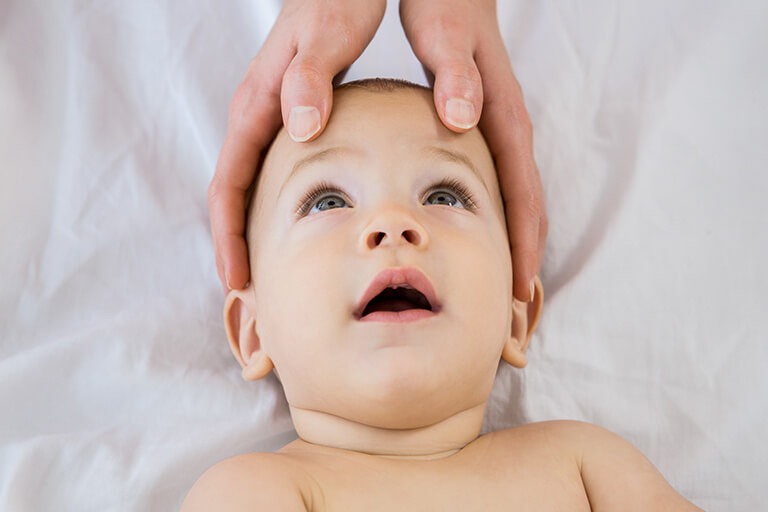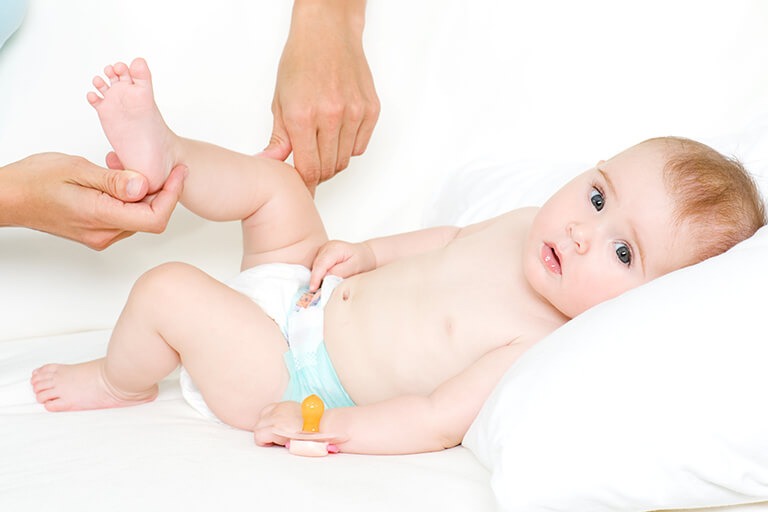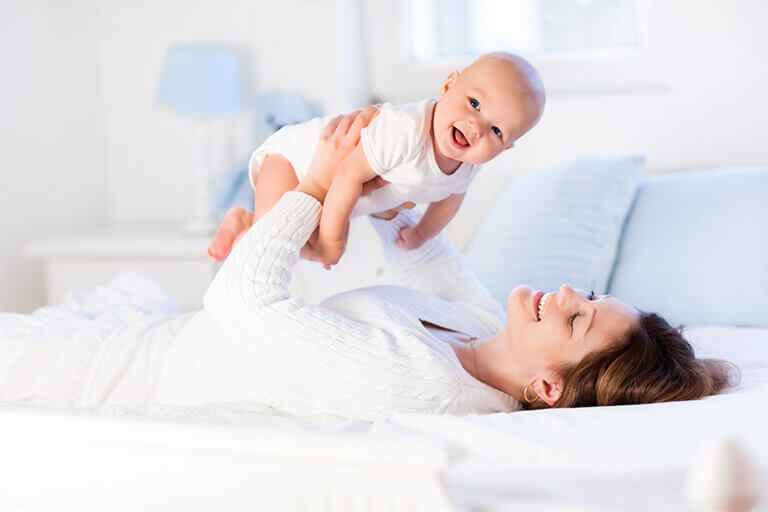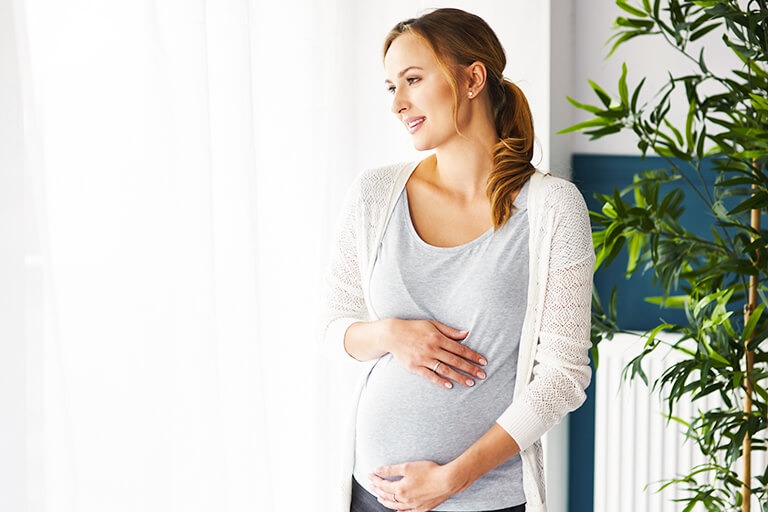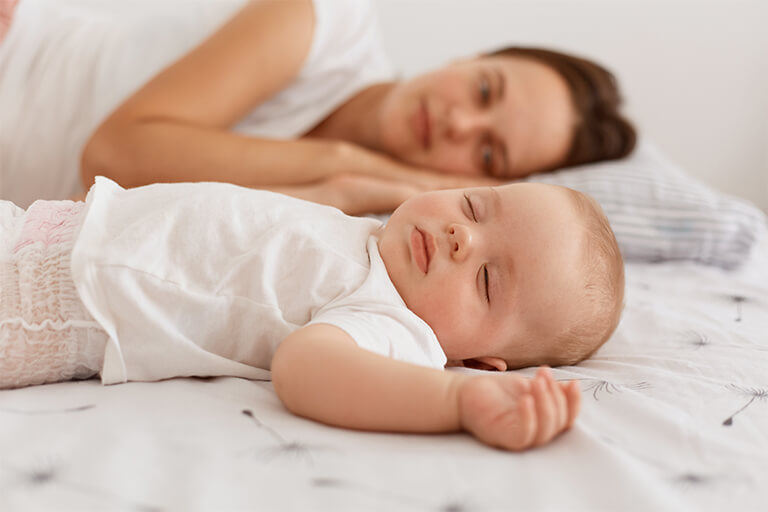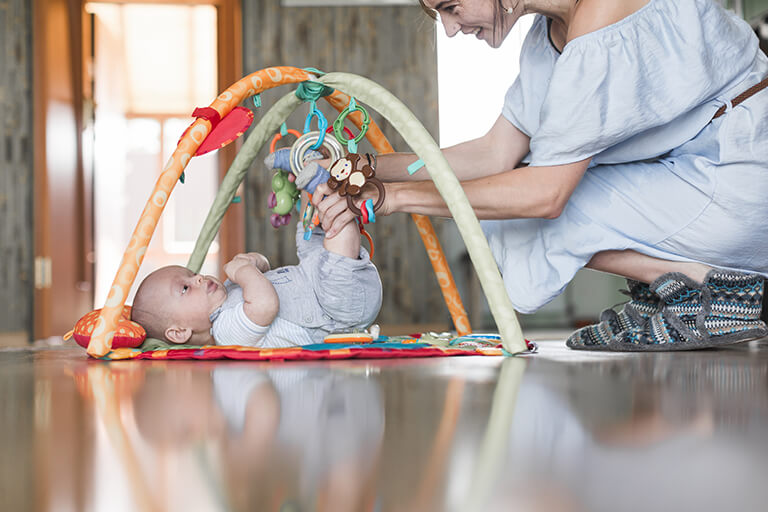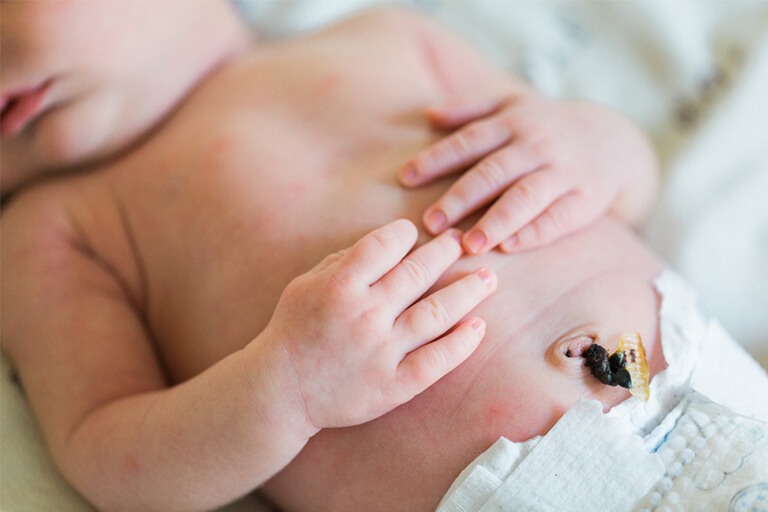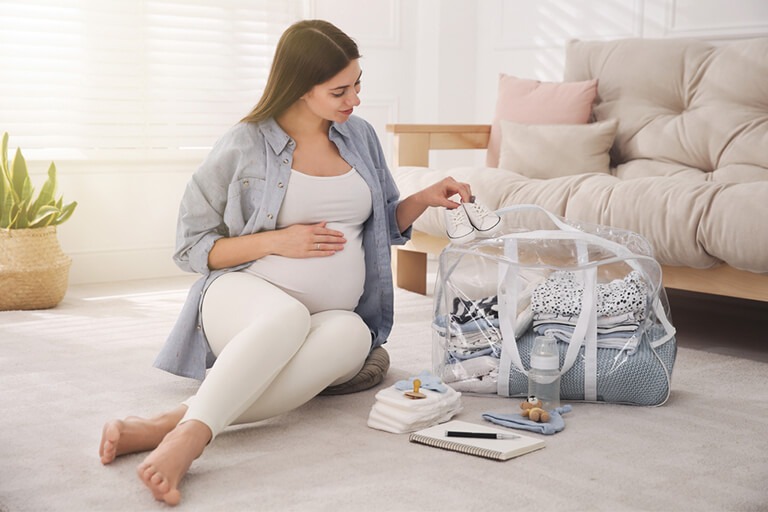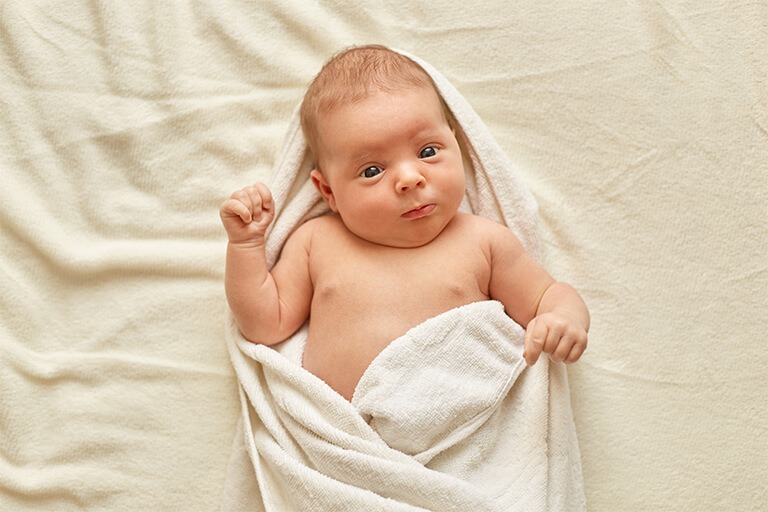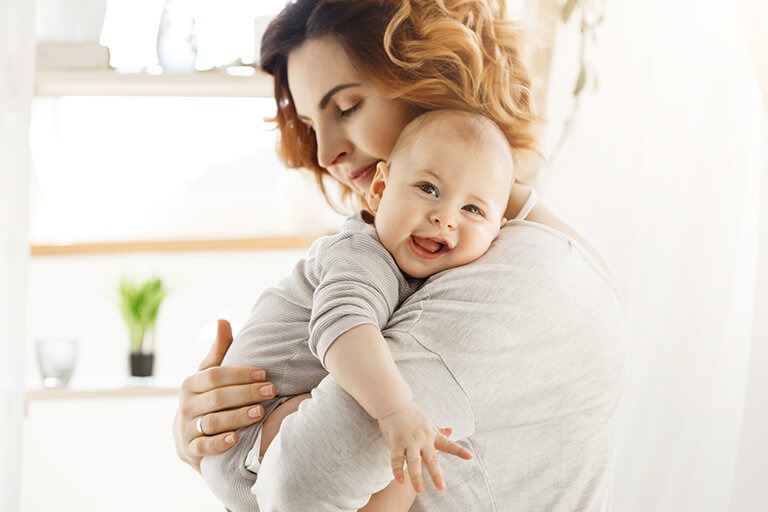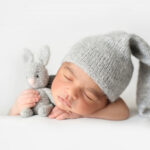Hypothyroidism in children is more common than many parents realize — and because its symptoms can develop slowly, it’s easy to miss. But early detection and treatment are essential for your child’s growth, development, and quality of life. In this guide, we’ll walk you through the early signs of hypothyroidism in kids, what causes it, how it’s diagnosed, and what to do next if you suspect your child might have it. Your pediatrician or neonatologist will help treat your child with hypothyroidism. What Is Hypothyroidism in Children? Hypothyroidism happens when the thyroid gland, a small butterfly-shaped gland in the neck, doesn’t make enough thyroid hormones. These hormones are crucial for regulating your child’s metabolism, body temperature, energy levels, growth, and even brain development. When hormone levels are too low, it slows down body functions, affecting everything from digestion to mood and physical development. What Causes Hypothyroidism In Children? There are many causes of hypothyroidism in children: Family History – Children with parents or relatives who have thyroid problems are more likely to develop it. Autoimmune Disorders – Conditions like Hashimoto’s thyroiditis or Graves’ disease may attack the thyroid and impair its function. Congenital Hypothyroidism – Some babies are born with an underdeveloped or missing thyroid gland. Pituitary Gland Disorders – The pituitary gland controls the thyroid; if it malfunctions, thyroid hormone production can be affected. Good to know: In the UAE, thyroid screening is a part of the routine newborn check-up done within the first 24 hours after birth. Early Signs and Symptoms of Hypothyroidism in Children You can know your child has hypothyroidism by understanding the symptoms of hypothyroidism. However, in children, hypothyroidism has a subtle and gradual symptom that mimics many other medical conditions. Therefore, you should seek the advice of the pediatrician, who will assess your child and order a medical test to diagnose the disorder. Here are the most common signs and symptoms that may suggest your child has hypothyroidism. Jaundice – yellowness of the white of the eyes or the skin. Commonly seen in newborns. Constipation Poor feeding Mood swings Poor growth rate resulting in short stature Facial puffiness Sleepiness or sluggishness Generalized body weakness Dry skin Delayed puberty Heavy menstrual bleeding in girls. Enlargement of the thyroid gland. Forgetfulness and poor concentration. What Is the Treatment? The most effective treatment is daily thyroid hormone replacement therapy (usually in pill form), tailored to your child’s age and hormone levels. With early treatment, most children return to a normal, healthy life. Don’t Delay—Book an Expert Evaluation Your pediatrician or a consultant neonatologist may order specific such as measuring the blood levels of thyroid-stimulating hormones and blood thyroid hormone levels, to make a diagnosis. Imaging tests such as thyroid ultrasound may help in making a diagnosis of hypothyroidism. If your baby is born in the UAE, the thyroid hormone screening is included in the newborn screening done at 24 hours of life. If a child has hypothyroidism, they are treated with thyroid hormone therapy. Your consultant neonatologist will determine the dose of thyroid therapy based on your child’s age and other factors. Book an appointment with Dr. Olfa Koobar, the best pediatrician in Dubai, and treat your child properly with expert care. Book your appointment today and ensure your child gets the care they need from day one. Sources Hypothyroidism in Children: Knowing the Signs and Symptoms Hypothyroidism in Children Hypothyroidism in Children
04 248 1000
drolfa.k@gmail.com
Sat - Thu: 9:00am - 7:00pm

